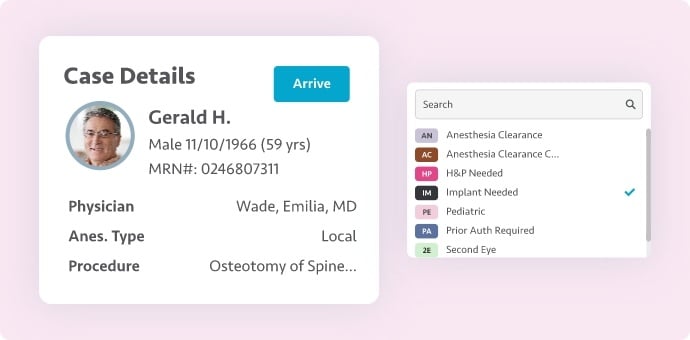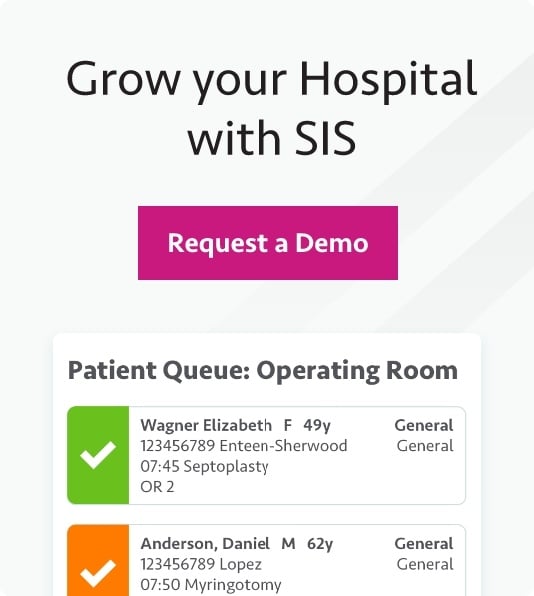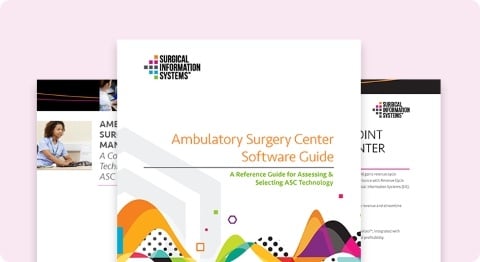
An ASC's governing board plays a pivotal role in supporting a center's efforts to keep patients and staff safe from infections and maintain compliance with rules and regulations (e.g., Medicare, accreditation). Here are 10 of a governing body's responsibilities concerning ASC infection prevention.
1. Appoint an infection preventionist
The governing board is expected to choose the individual who will serve as an ASC's infection preventionist. While administration can provide recommendations, the final decision falls on the governing body's shoulders. The individual who fills this position must be trained in infection control and prevention.
When the appointment occurs, it must be documented in the governing body minutes.
2. Reappoint the infection preventionist
In addition to appointing the infection preventionist, the governing board must reappoint the infection preventionist annually or appoint a different individual to serve in the position. The reappointment should also be documented in governing body minutes.
3. Provide ongoing training
To effectively fulfill his or her responsibilities, an ASC infection preventionist must remain current on evidence-based best practices, requirements, and significant trends and developments that can impact the role. An ASC's governing board is expected to support an infection preventionist's efforts to effectively complete his or her infection prevention-related tasks. This support should come in the form of time allocated to pursue education and training as well as allocation of resources that can strengthen this education and training.
Examples of education and training opportunities available to ASC infection preventionists include pursuing, earning, and then maintaining the Certified Ambulatory Infection Preventionist (CAIP) credential; attending national meetings that speak to ASC infection prevention issues, including those hosted by the Ambulatory Surgery Center Association (ASCA) and Association for Professionals in Infection Control and Epidemiology (APIC); and participating in webinars that cover ASC infection prevention, including those presented by ASCA, APIC, and the Association of periOperative Registered Nurses (AORN).
4. Review the initial infection prevention plan
The governing body is expected to be an active participant in infection prevention efforts well beyond appointing and reappointing infection preventionists. One of a governing board's most critical responsibilities is closely reviewing the proposed, initial infection plan.
This review should include evaluating the risk assessment that serves as the basis for the plan. The governing body should offer feedback and suggestions to improve the plan. Once the governing board is satisfied with the plan and its abilities to help keep patients and staff safe, the governing body should formally approve the plan. Approval should be documented in governing body minutes.
5. Perform ongoing plan review
As with reappointing the infection preventionist, the governing board should perform an annual review of the infection plan, repeating the steps noted above. If infections occurred during the prior year, the governing body should verify that the plan has undergone revisions to address the cause(s) of the infections and decrease the likelihood of such infections reoccurring.
6. Review all infections
When an infection in an ASC occurs, the governing board cannot remain on the sideline. Rather, it should review the details concerning any infection, including the root cause analysis upon its completion.
If the governing body does not find the summary details and/or root cause analysis satisfactory, it should require the infection preventionist to address the shortcomings.
7. Provide information, as requested
To be successful in the position, an infection preventionist must know that he or she is welcome to contact the governing board for assistance. This includes help when putting together a root cause analysis.
When an infection occurs, the governing body should reiterate that it is available to assist its infection preventionist with completing the analysis.
8. Discuss methods to reduce risk
The occurrence of an infection is best treated not as a time to blame but as an opportunity for improvement. Following an infection, the governing board should be engaged to discuss and assess possible methods that may help reduce the chance of recurrence.
Governing body involvement will send a strong message to staff that infections in the ASC are unacceptable and leadership takes its roles in helping prevent them seriously.
9. Participate in QAPI activities
The governing body is expected to participate in its ASC's quality assurance and performance improvement(QAPI) program and activities. Such participation should take the form of working with the ASC's QAPI committee to develop studies that can help reduce infection risk.
10. Help engage medical staff
An ASC's governing body should wield its clout to support infection prevention efforts. This includes encouraging non-governing board medical staff to become involved in the ASC's infection prevention program and participate in QAPI studies. Medical staff may be more inclined to step up participation when leaned on by other medical staff members and ASC leaders.




























